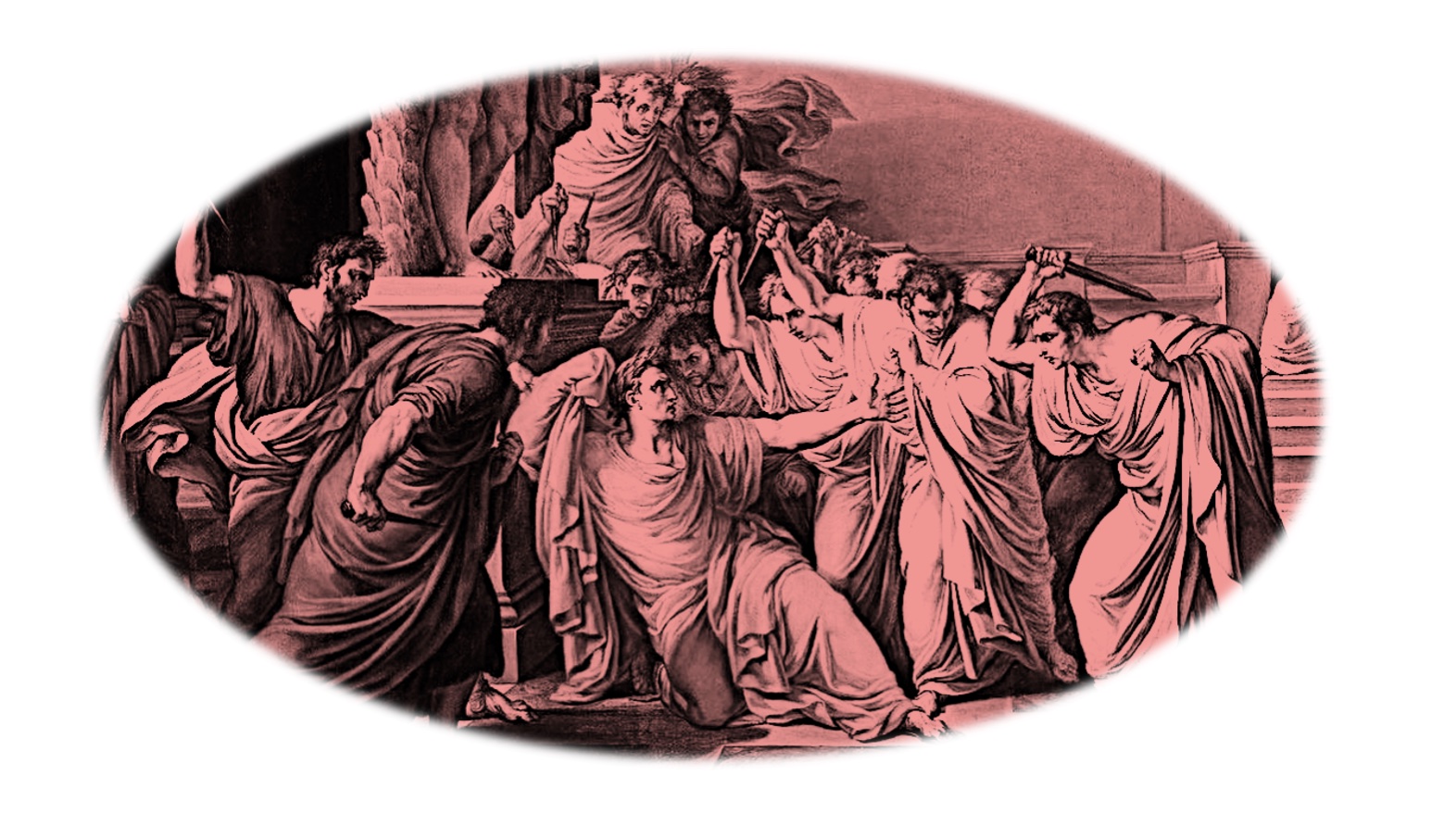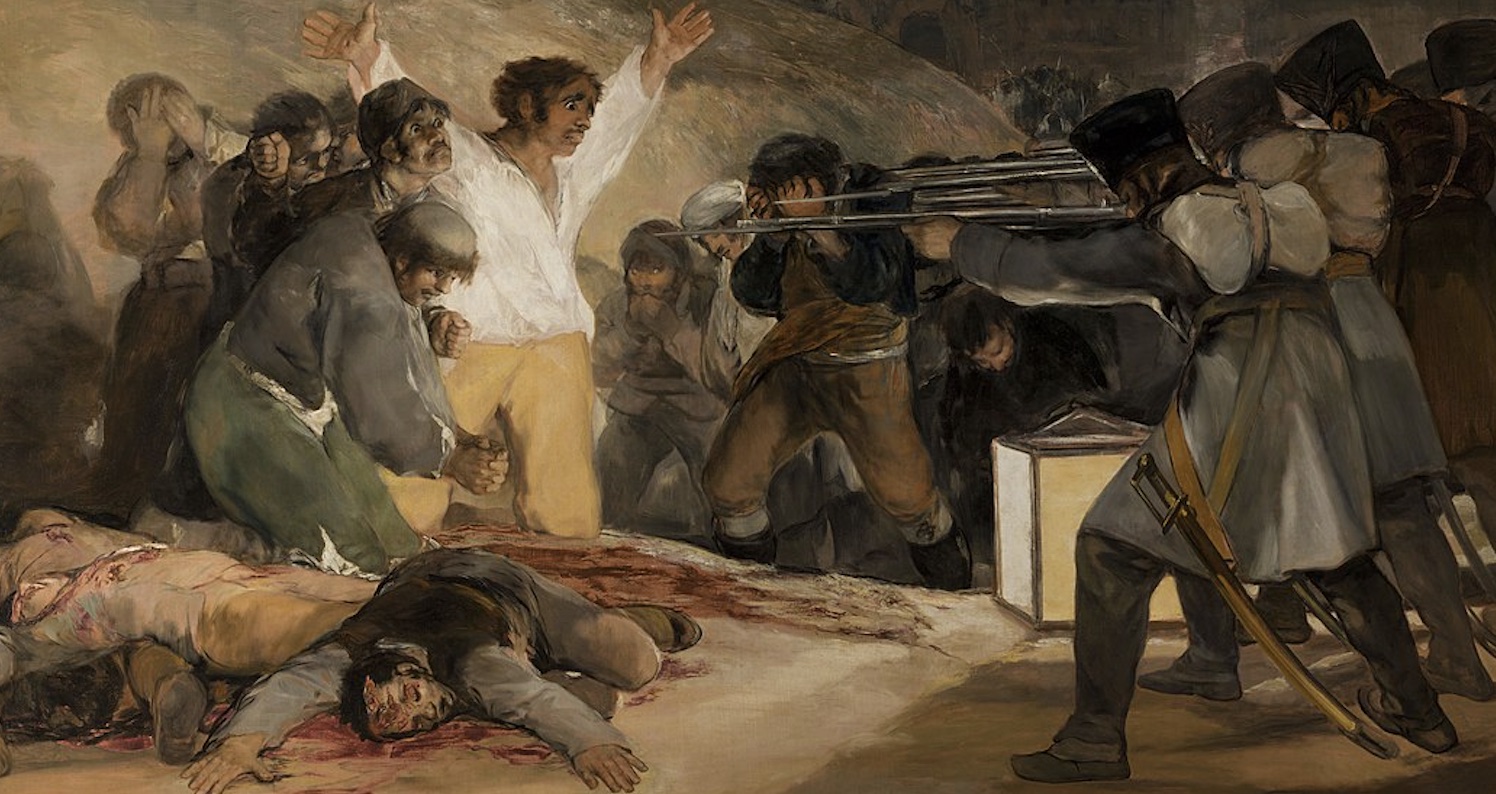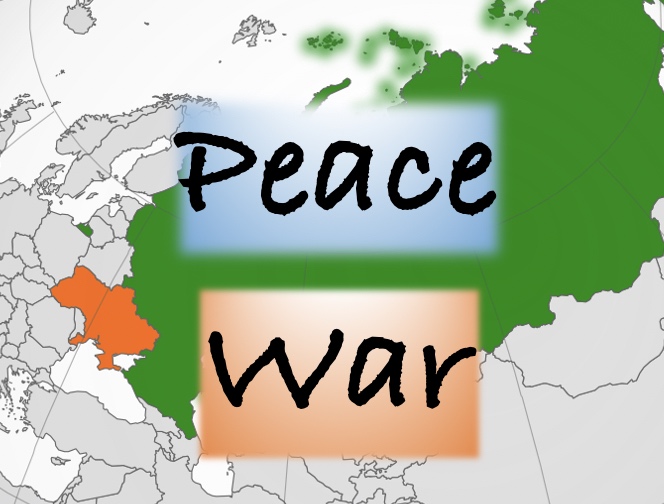My latest article in Shuddhashar FreeVoice is: “Imagining a Pragmatic Post-Identitarian Peace,” published May 1, 2025.
Here are some excerpts. The entire essay is here: https://shuddhashar.com/imagining-a-pragmatic-post-identitarian-peace)
John Lennon’s song “Imagine” provides a template for world peace that asks us to imagine that there are no countries, no religions, and, hence, nothing to kill or die for. The point is to stop fighting about the abstractions of religion, politics, and identity. Too many tears have been shed in defense of empty words. And too much blood has been spilt over lines drawn in the sand.
The compulsion to fight about identity is an understandable manifestation of the human struggle for recognition. But this struggle can be manipulated by political opportunists or hijacked by authoritarians, who may channel it in sinister directions. And in the long run, an over-emphasis on identity lies at the root of a variety of dogmatic and militant points of view. Rather than remaining mired in struggles for identity, we should reconsider rigid identity claims from a pragmatic and less dogmatic perspective.
*****
Identities, words, and categories are helpful aids in cognition. But these tools are not metaphysical absolutes. They are convenient social constructions, which provide a useful map of the world. But this map is not set in stone. Rather, it is produced by the ephemeral currents of history, politics, culture, and ideology.
*****
We don’t have to draw lines in the sand, nor do we have to kill or die for such abstract, arbitrary, and transitory things as nations, religions, or civilizations. The struggle for recognition is serious and important. However, identity politics can fail to account for the lived experience of diverse individuals. And identitarian movements of all kinds — religious, nationalistic, racial, or civilizational — can become dogmatic, fanatical, and violent. When we understand that most identities are ephemeral social constructions, we may begin to imagine a path toward peace.
Read More: https://shuddhashar.com/imagining-a-pragmatic-post-identitarian-peace






